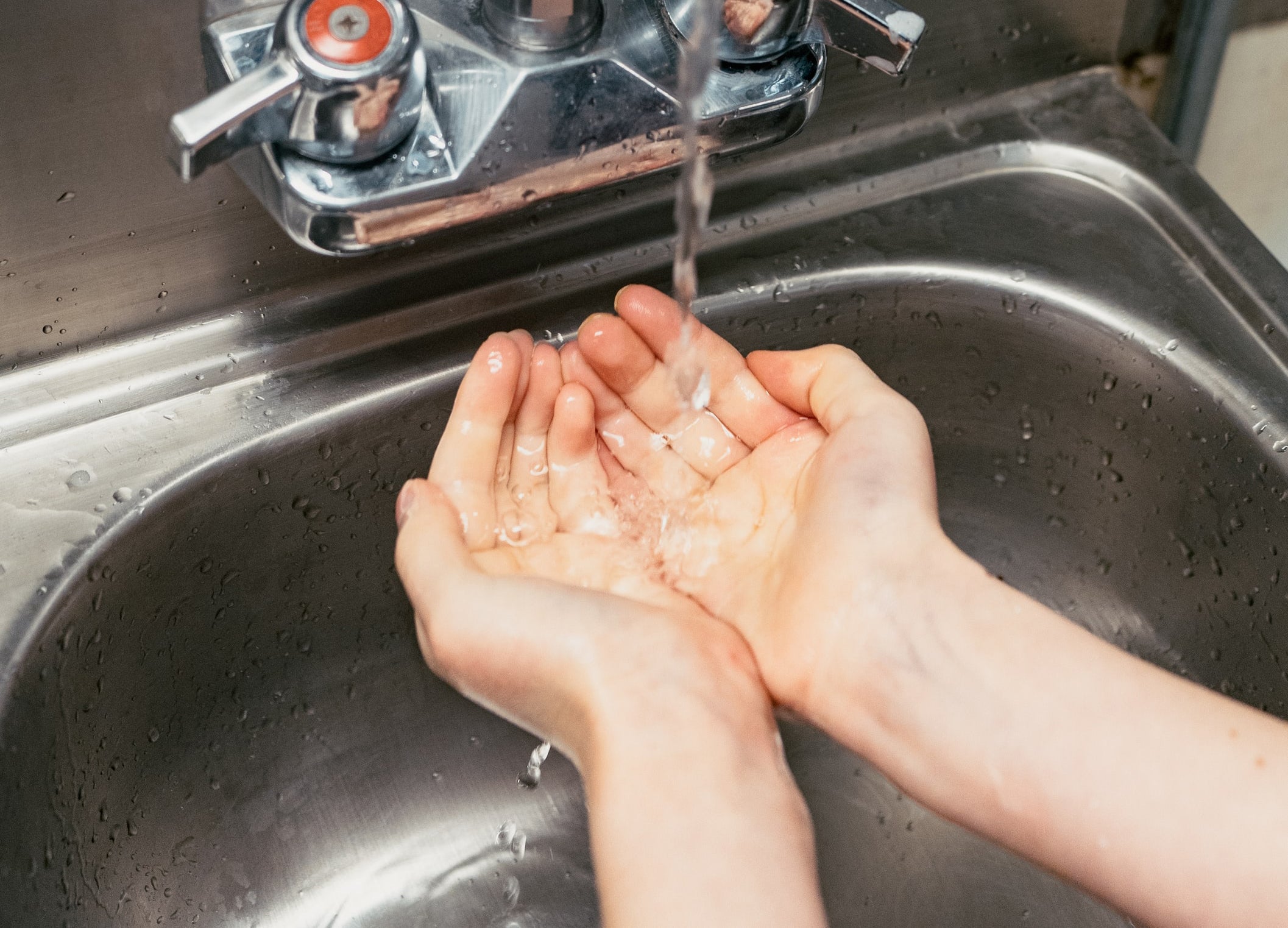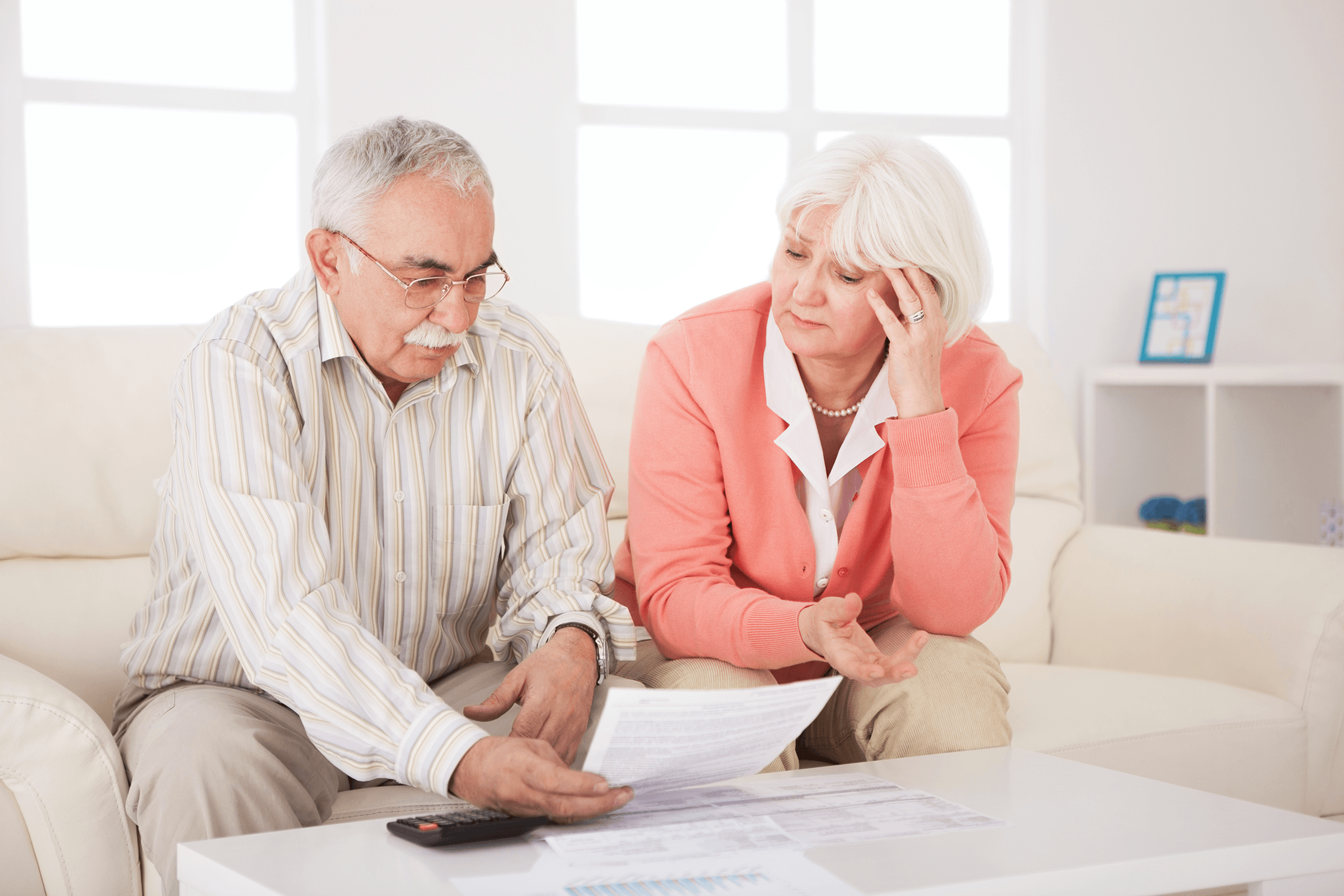Everyone is at risk of contracting the coronavirus, but older adults, ages 60 and up, have a much higher risk of serious health issues. Try not to panic, you can take some basic precautions to protect your health. The Centers for Disease Control and Prevention offers a set of guidelines to help stay safe – Here is a link to download the information sheet.
Here is a breakdown of the basic precautions you should exercise.
- Wash your hands thoroughly and often. Washing your hands with warm soap and water is the best defense against the coronavirus. Experts recommend washing for 20 seconds – or the equivalent of singing “happy birthday” twice. Hand sanitizer is not as effective but should be used when standard washing is not available.
- Cancel all non-essential doctor appointments. You may come into contact with an infected person at the hospital, so avoid going in person whenever possible. Consider doing a phone or video appointment instead.
- Avoid going out in public in crowded areas, whenever possible.
- Avoid travel by airplane, trains, or cruises. The proximity to other passengers and recirculated ventilation systems can increase your risk of exposure.
- Stock up on groceries and supplies such as toilet paper, detergent, water filters, and medications
- Maintain proper exercise and nutrition. Keeping your immune system healthy is essential for avoiding potential complications.
- Stay connected. Use social media and video conferencing (or Facetime) to maintain a social connection with friends and family during isolation. Isolation and loneliness for extended durations of time can be detrimental to your mental health and can lead to depression.
- Limit family visitors. This is especially important for younger family members that have a higher likelihood of coming in contact with the coronavirus at school. Some long-term care facilities stopped allowing visitors.
- Plan for backup support. If you require a caregiver, consider lining up backup support in case they must call in sick.
If you think you may already have the coronavirus, stay home and contact your physician. Avoid all public transportation. Over the phone, a doctor or nurse will be able to tell you if your condition warrants a test for the virus. If the hospital thinks you may have the virus, be prepared for the staff to use extra precautions such as facemasks and gloves.
If you are diagnosed with the coronavirus, you will receive treatment based on the severity of your illness. If your symptoms are mild, your doctor may advise you to self-quarantine at home. If your symptoms are severe, you may be hospitalized to monitor your health.
Consult your physician immediately if you are experiencing any coronavirus symptoms. If you would like to learn more, you can find additional information on the Centers for Disease Control and Prevention and World Health Organization website. Stay safe and healthy!
This article is intended for general informational and educational purposes only, and should not be construed as financial or tax advice. For more information about whether a reverse mortgage may be right for you, you should consult an independent financial advisor. For tax advice, please consult a tax professional.















I WANT TO KEEP UP TO DATE ON RETIREMENT TRENDS
Follow Us.